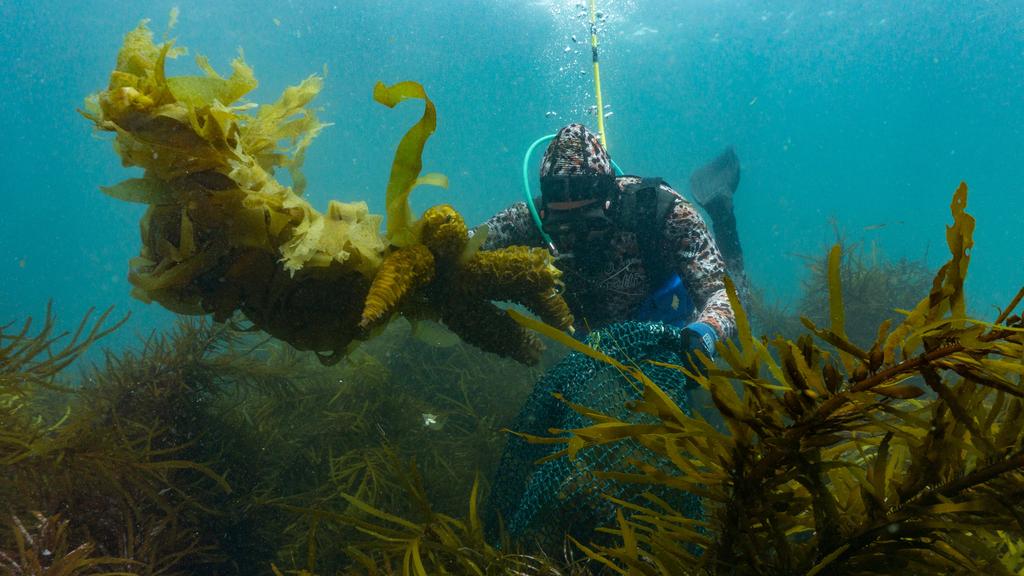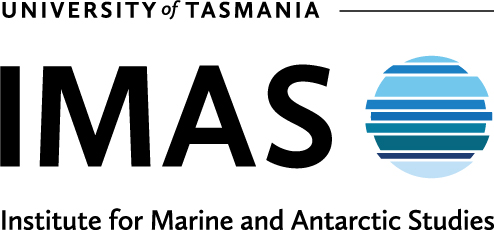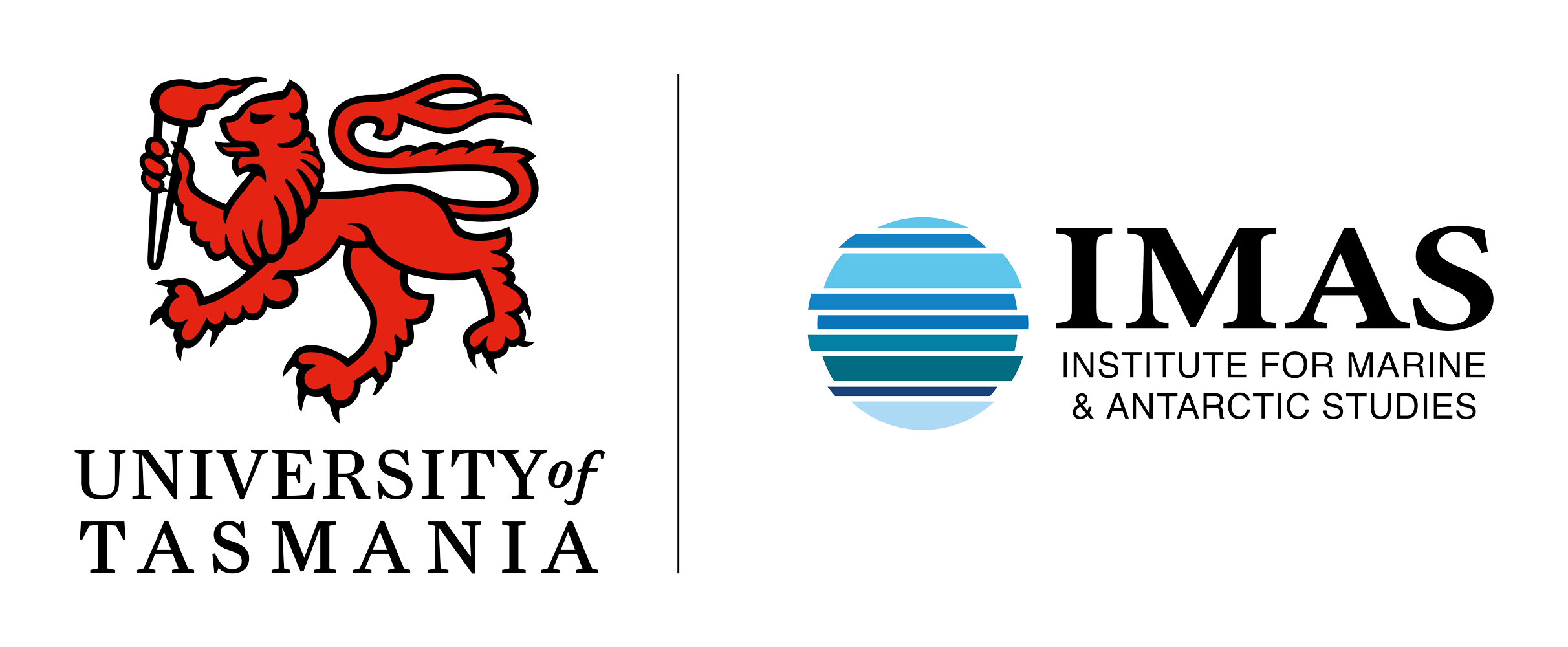Background

Photo credit: Marinova Pty Ltd
Undaria pinnitifida is an invasive pest species in many temperate regions of the world, including Tasmania. It is harvested commercially as part of the Marine Plant Fishery. Harvesting is conducted by divers and restricted to specific areas on the east coast. The fishery was first assessed in 2005 and has since undergone several assessments under the Environment Protection and Biodiversity Conservation (EPBC) Act.
Since the early 2000s, fucoidan products have been extracted commercially from Undaria and this remains the primary use of Tasmanian Undaria. Fucoidan is a natural compound found in the cell walls of certain brown seaweeds, like Undaria pinnatifida. It is a type of complex sugar that has been studied for its potential health benefits, including anti-inflammatory, antiviral, and immune-boosting properties. Fucoidan is often used in supplements and health products.
Undaria pinnitifida is considered a significant marine pest in Tasmania under the Biosecurity Act 2019 (Marine Pest Sectoral Committee, 2015). This is due to its ability to spread rapidly (5-10 km per year since introduction) and displace native species, leading to ecosystem alterations and fouling of marine structures (DAFF, 2011). As a result, the Undaria fishery is managed under strict biosecurity measures. The commercial fishery provides economic and environmental benefits by balancing the removal of an invasive species with the production of valuable products.



